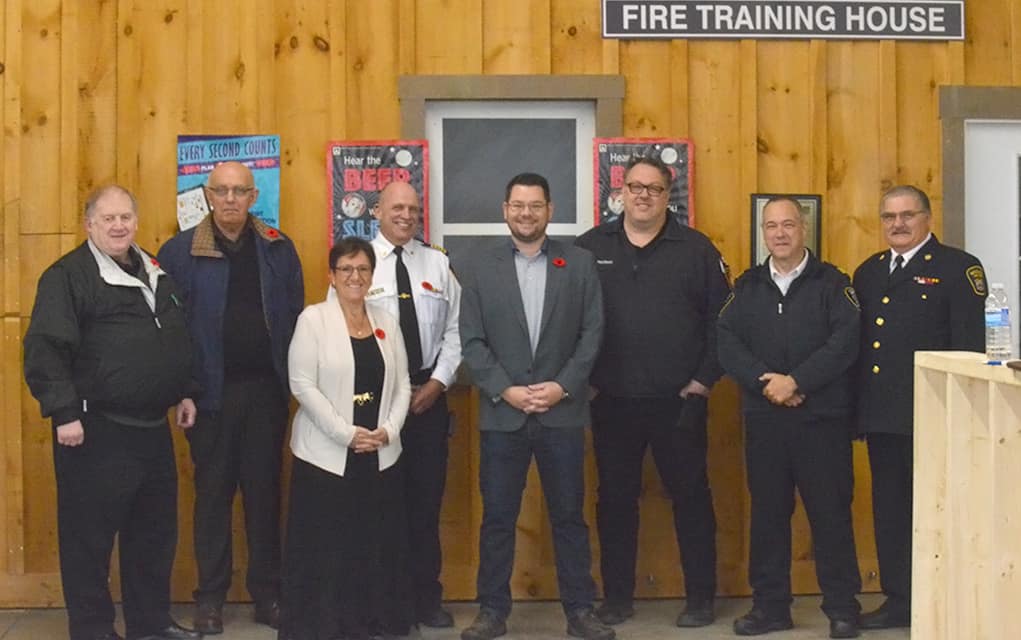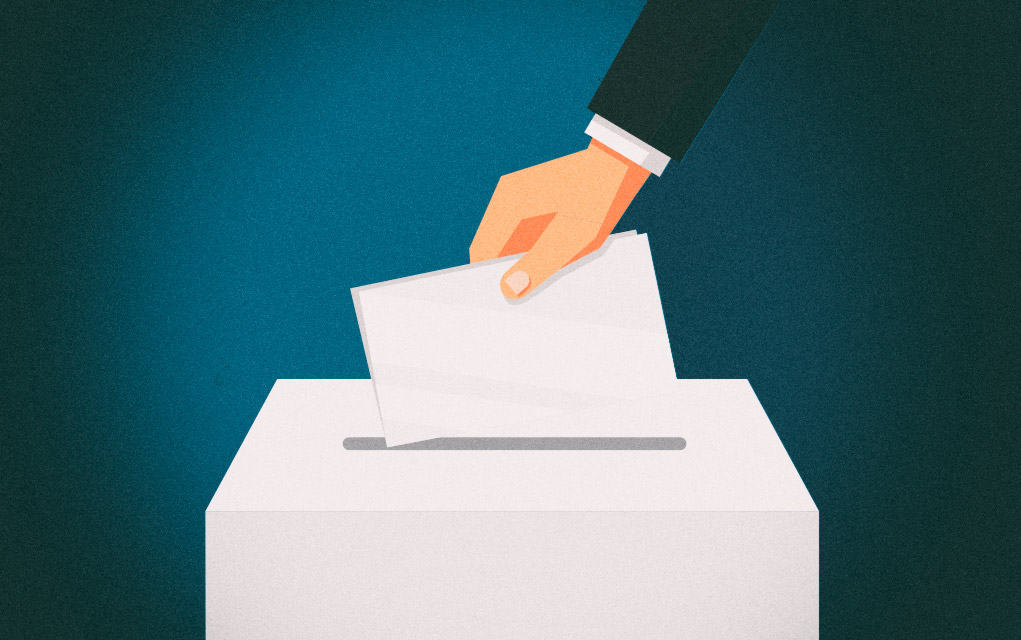Despite some moves to protect the rights of full-time firefighters who also serve as volunteers – the so-called “double hatters” – more needs to be done, say Waterloo Region’s rural officials.
Township mayors and fire chiefs gathered in St. Jacobs last week for a roundtable discussion hosted by Kitchener-Conestoga MPP Mike Harris.
Firefighters who work for a city department and volunteer for their hometown’s rural brigade have long been a target by the unions intent on increasing the full-time roster, leaving the support of small communities to other groups. The issue back on the agenda after several firefighters in Ontario were charged for wearing two hats. Most recently, there were four in Halton Hills and five in Caledon under the microscope. They face fines of up to $24,000 for continuing the practice.
Discouraging firefighters from volunteering threatens a valuable resource to many small communities where on-call firefighters are the norm.
“There are so many volunteer departments across Ontario. It may not be as big of an issue here – it could become one if things keep moving the way they are,” said Harris of the dangers.
The International Association of Firefighters (IAFF) bans its members from volunteering at fire halls that cover the union’s jurisdiction. It was put in place to encourage the increase of unionized firefighting jobs, where paid-on-call volunteers are currently filling the posts. Ontario is just one of two provinces that has this rule, the other being Newfoundland and Labrador.
“This represents discriminatory practices,” said Sue Foxton, Mayor of North Dumfries. “It is also not consistent with section two of the Canadian Charter of Rights and Freedoms, which is that every Canadian has the freedom of association. The action of the union as it relates to double hatters runs contrary to the guiding principles of the Constitution.”
Bill 109, passed in 2015, was intended to safeguard double-hatter practices. It states that firefighters will not lose their jobs for engaging in “reasonable dissent” or if they have been fired from the union for discriminatory reasons.
Ontario’s small towns, in particular, chafe at the restrictions, arguing that hiring full-time firefighters would be expensive and impractical.
“You see different situations in different landscapes, and it provides you with different experience that you may not see in the city, per se,” said Harris. “You would see stuff out here rescue-wise that you wouldn’t see in downtown Kitchener, for example.”
Attendees pointed to the invaluable experience that double hatters offer when it comes to training volunteers.
“This is the only career right now in the pre-service program that they don’t do ride-alongs anymore,” said Wellesley fire chief Paul Redman. “Where they did at one point; now they don’t. So the only way they can find experienced people is if either they’re jumping ship from another full-time department or if they’re on another on-call department. It’s one of the only careers where you don’t have some kind of apprenticeship with boots on the ground.”
“So next steps is continuing having similar meetings with the ministry about this and discussing what exactly the next steps really are – how something like this could potentially be brought about in legislation,” said Harris. “Whether it comes through a motion in the House, whether it’s legislation driven by the government centrally, what the timing would look like on it – these are all things that I want to get some answers on.”









